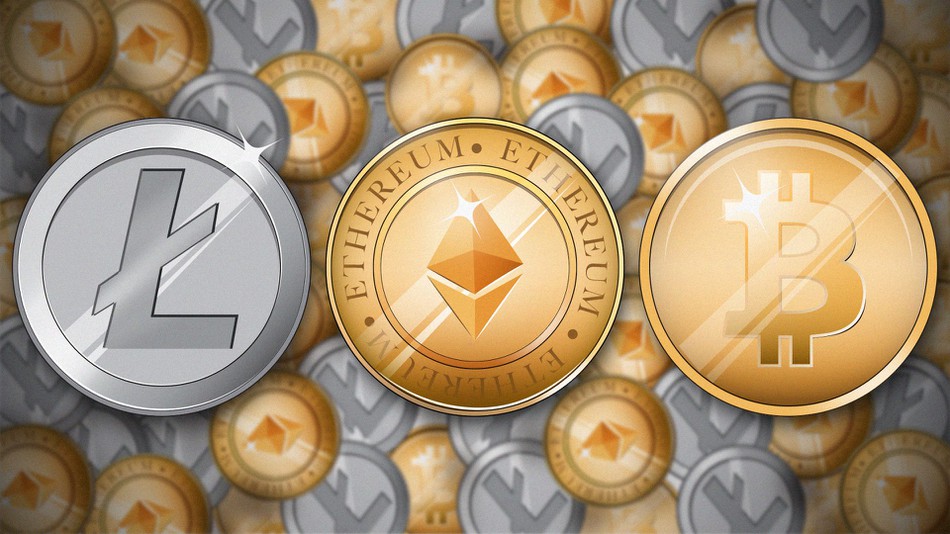Cryptocurrency funds were down 29.2 percent in March amid an ongoing plunge caused by increased scrutiny from global regulators of the virtual assets, according to a new index launched by data provider BarclayHedge.
The Barclay Cryptocurrency Traders Index was down 43.1 percent in the year to date, after three consecutive monthly losses, BarclayHedge said on Wednesday.
The Cryptocurrency Traders Index, started in 2018, is an equal-weighted index of the monthly returns of 19 funds that trade bitcoin and other cryptocurrencies.
Volatile bitcoin hit an all-time high of just under $20,000 in December 2017 and has since fallen to as low as $5,920. On Wednesday, it was up 4.2 percent on the day at $8,232 BTC=BTSP on the BitStamp platform.
Cryptocurrencies have been impacted this year by fears of a crackdown from regulators and concerns that they have been in a speculative bubble that is now deflating.
“Folks have their opinions, but no one really knows if it’s a bubble or a correction,” said Sol Waksman, president and founder of BarclayHedge.
Data from financial technology data tracker Autonomous NEXT also confirm the bear trend.
“There has been a slow-down in ICO (initial coin offering) proceeds that we track ($1 million and over), with a dip in February and a slight pick-up in March in terms of fundraising,” Autonomous NEXT said in a report also published this week.
ICOs are a fund-raising mechanism in which start-ups create currencies or tokens and sell them to investors.
“There is also definitely a slow-down in terms of ICOs starting in March. So it seems that the public crowd-funding part of the equation is indeed getting slower, looking like the summer of last year, rather than the frenzy of the fall/winter,” London-based Autonomous NEXT said.
The number of new funds in the company’s crypto fund tracker has also grown modestly in 2018, it said.
Autonomous NEXT said it is tracking 251 crypto funds.
“The number is not growing as quickly as we’d expect – partly because it’s a more difficult environment to raise, and partly because folks are being less vocal about what they’re doing,” the company said.













